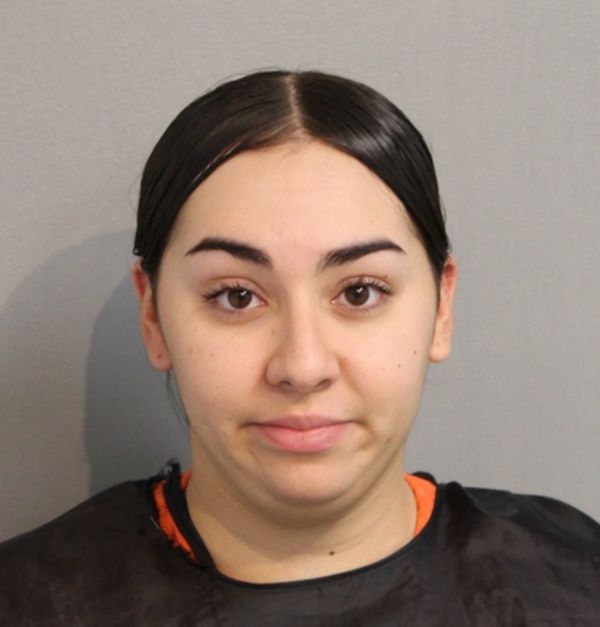
Saving for retirement can be a daunting task, especially if you're a recent college graduate. Bob Powell, editor at Retirement Daily, joined TheStreet to discuss how young professionals can kickstart their retirement savings journey while making informed investment decisions.
Related: Make these money moves to retire early
Full Video Transcript Below:
CONWAY GITTENS: So we hear constantly and we talked a little bit about this earlier, that everyone should start as early as possible to save. But how should recent college grads approach this?
BOB POWELL: Yeah, so I think two ways, right. A lot of people are overwhelmed. I can tell you, for instance, my daughter entered the workforce. She got thrown the employee benefit handbook and was told, here's your 401(k) and I get the call. What should I do? And you know, for many people, the answer is invest in a target date fund, because what it gives you is an asset allocation, right. A mix of stocks and bonds that are appropriate for your age. And assuming that you're going to retire in 44 or 45 or 50 years or so, that target date fund will adjust its asset allocation to become less aggressive and more conservative over time as you approach your target date of retirement. And it's sort of a, you know, a plug and play type of mutual fund, where you don't have to worry about rebalancing, you don't have to worry about, you know, how it's invested. And so for many young people, this is an easy way to get started, especially if they don't have any experience with investing.
Retire with TheStreet:
- Average Americans top 401(k), retirement savings options explained
- These small changes can maximize your retirement, 401(k) success
- Debunking retirement and 401(k) myths to maximize your savings now
- Maximize your retirement, 401(k) savings even if you feel behind
For people who might have some experience, you might want to choose a different route. Maybe you'll choose to invest 90% of your money in the S&P 500 index or, you know, some of it in the NASDAQ 100 or whatever it might be, and a small portion in fixed income to give you some asset allocation and diversity. So I think those for me would be the two ways to go. 4. If you're inexperienced, choose a target date fund. If you have some experience, choose a, choose an index fund and manage it as appropriately as you see fit. And I think that will get people at least started, you know. And then start reading, right. Pay attention to the articles that we're publishing on TheStreet. Pay attention. If you're in a 401(k), the provider is likely to send you lots of educational material. They're likely to offer you tools and calculators to use. Take advantage of those things. They're useful because at least it puts it front and center.
The last thing that you want to do is not pay attention to your retirement account. Don't discard the envelope if it's coming in the mail to you. Don't just delete the email if it's coming in that says, here's what your account balance is. Do a check in with your money. This is ultimately what's going, this is ultimately what's going to be used to create your paycheck in retirement when you no longer have a W-2 or a 1099 coming in. So, you know, pay attention to your money don't just set it and forget it, you know, become an educated consumer. And I think that will go a long way toward helping you, you know, make sure that you save enough for retirement. Ultimately, that's the goal, right. You want to save enough to fund a desired standard of living for decades of free time in retirement.
Don't miss the move: Subscribe to TheStreet's free daily newsletter







